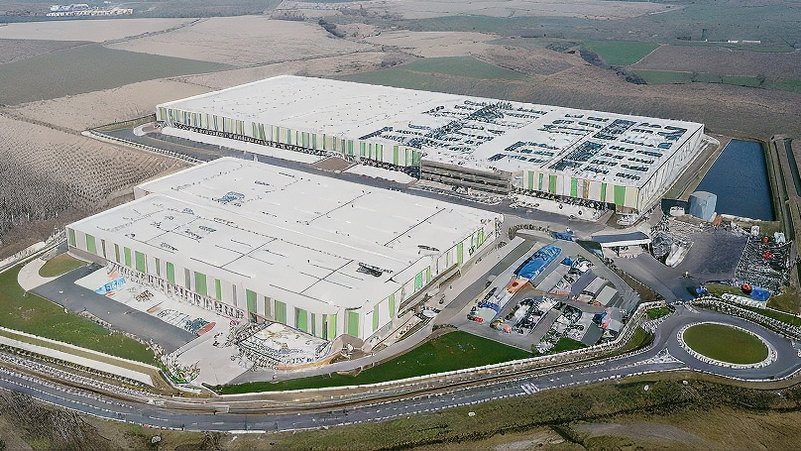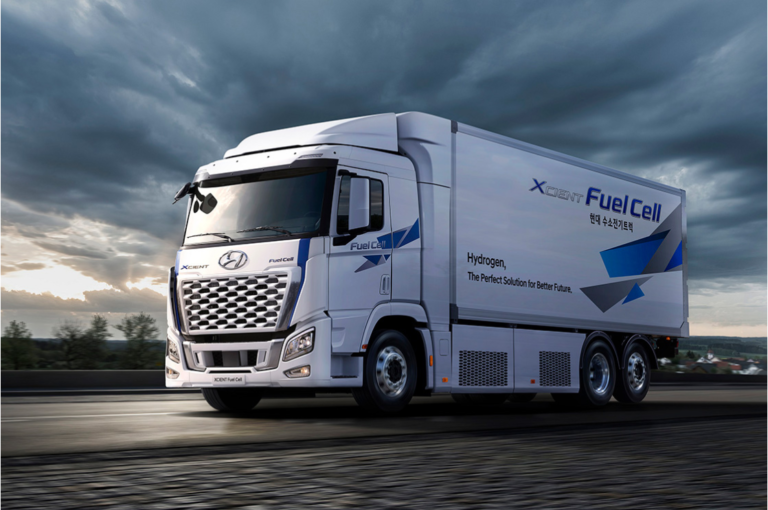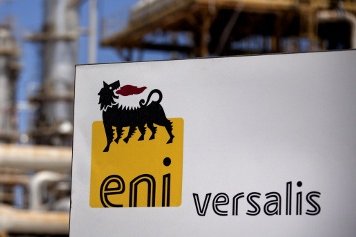A steady decline in diesel-fueled commercial vehicles, coupled with a simultaneous rise in zero-emission ones, marks the goal of the agreement finalized on January 18, 2024, between European Parliament negotiators and representatives of the EU Council. This agreement sets new CO2 emission standards for commercial vehicles, buses, and trailers. However, it remains a provisional political accord, pending approval by member state representatives within the Coreper and the European Parliament's Environment Committee, followed by formal adoption by both institutions.
The amendment of current emission levels for commercial vehicles was initially proposed on February 14, 2023, by the European Commission, aiming to cut net greenhouse gas emissions by at least 55% by 2030 compared to 1990 levels, and achieve climate neutrality by 2050. Key changes to this proposal include extending the Regulation's scope, defining “zero-emission vehicle,” and setting new EU-wide emission reduction targets for 2030, 2035, and 2040. The Council and Parliament adopted their positions on the amended Regulation in October and November 2023, respectively.
With this agreement, the Council and Parliament uphold the Commission's targets in its proposal to reduce emissions in three phases: 2030 (45%), 2035 (65%), and 2040 (90%), plus a 15% reduction by 2025, as already stipulated by existing legislation. These targets will apply to commercial vehicles over 7.5 tons, buses, and will also include trailers (with a 7.5% reduction) and semi-trailers (10% reduction). The text introduces the concept of e-trailers, which will contribute to reducing CO2 emissions from trailers.
This legislation is expected to encourage a gradual shift from diesel-fueled to zero-emission vehicles. It provides exemptions for small-volume manufacturers and vehicles used in mining, forestry, and agriculture; military and firefighting vehicles; vehicles for civil protection, public order, and medical assistance. The agreement postpones the Regulation's application to specifically outfitted vehicles, like waste compactors or concrete mixers, until 2035.
In this context, the European Commission is tasked with developing a common methodology for assessing and reporting the CO2 emissions of the entire lifecycle of new commercial vehicles and considering a carbon correction factor (Ccf) in the transition to zero-emission mobility. This review will also evaluate a methodology for registering commercial vehicles solely powered by zero-emission fuels. In the future, the European Commission will consider extending this regulation to vehicles weighing less than 5 tons.
The provisional agreement also addresses the issue of conventional vehicles converted to electric (or other zero-emission forms). The co-legislators have instructed the Commission to assess by 2025 the need to facilitate the market spread of modified commercial vehicles through harmonized approval rules."



































































